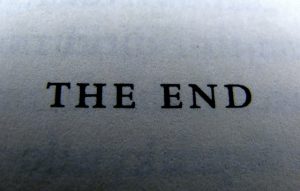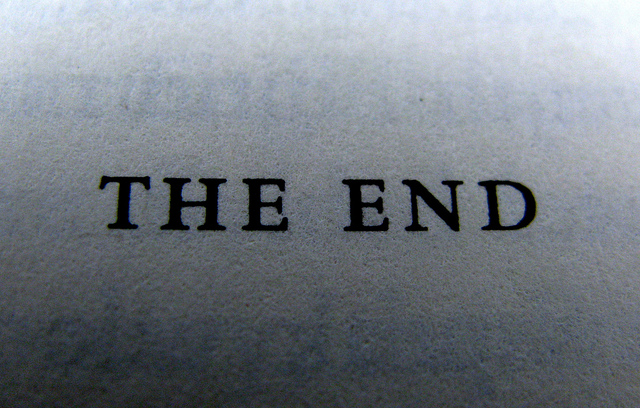
Learning to Call It Good Enough So You Can Grow As a Writer
Writers are notorious for not knowing when to stop. We can keep revising and revising for years, never getting to that point where we know for sure that our work is perfect.
There comes a point, however, where we must realize that we might never get to that point of knowing.
Writing isn't rocket science. We don't enter a few formulas and come out with the right product. We write based on what we know, feel, and believe. We study the craft to learn the ropes and we practice to exercise our writing muscles.
For beginning writers, the point where they know their work is perfect just doesn't happen. They might think their work is perfect, but they don't know that it is. In fact, most beginning writers need more practice. Even writers with twenty years under their belts never really know if their work is perfect.
I don't think "perfect" in writing even exists. Perfect in writing is a matter of subjectivity. The writing could be grammatically correct, spelled correctly, broken down into paragraphs correctly, but there is no specific answer for whether or not the story was told correctly.
That's one reason why having an editor is good for your story. An editor offers another pair of eyes to improve the story. There is no right or wrong answer. And all writing could be improved, changed to be made better.
Those writers who genuinely have doubts about their writing ability will spend weeks, even months, making adjustments to their stories. Sometimes they'll even put their writing work off because they think they're not any good. They'll get discouraged and who knows how long they'll go before they get back to their stories.
A writer who struggles with doubt is a typical writer. So, at what point does she call it good enough?
There's only so much you can do to make your story better. And that will depend heavily on how experienced of a writer you are.
Writers develop their craft over the years as they practice. If you study any author, you will likely find that the author's earlier work could have used some improvements, and their later work is better, it's more streamlined, the stories are developed more, the characters are more interesting, the balance between dialogue and description is handled better, and the writing is just plain better and on par with other experienced authors.
So, when considering your first published book, you need to keep in mind that it won't be perfect. It will have some flaws and it will be a perfect example of a book that could use improvement. That's not to say that you should produce a substandard book. You should at every point in your writing career, produce the best material you possibly can.
Set a deadline (don't set too short a deadline, but don't let it go on indefinitely). Your book needs a stopping point. You can't work on it forever. If you do that, your writing career will never see the light of day.
If you've studied the craft and you have put a lot of practice in, give it your best effort, set it aside for a week or two, go back to it and revise it if necessary, then send it off to a publisher or editor.
Once you've sent off your manuscript, get to work on your next book. Only through practice and study will you improve your writing skills. If you have trouble letting go of a project because you have doubts about your abilities or the story itself, you hold yourself back. But if you learn to call it good enough, you will allow yourself to grow as a writer and to move forward in your writing career.
- It’s been a long time… - February 10, 2024
- Realizations About Tracking Progress - May 28, 2020
- Goal Setting & Productivity 101 - May 25, 2020
